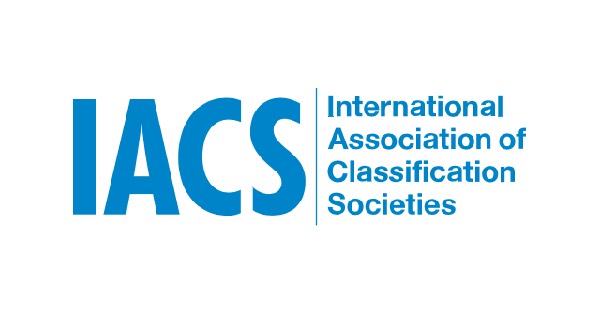Adoption of a new six-year strategic plan and progress on Safe Decarbonisation are also key outputs.
The 86th session of the IACS Council (C86) focused on recent developments around its internal oversight of Quality matters, recognizing that the restrictions imposed by COVID-19 and the associated responses, the challenges posed by the rapid introduction of new regulations and technologies in relation to decarbonisation and the ongoing development of IQARB make it essential for IACS to respond rapidly in these areas. Accordingly, an unprecedented sub-Committee of the IACS Council has been established to develop future Quality policy, to provide both high-level and in-depth review of ongoing performance and improvement, and to manage IACS’ engagement with external Quality stakeholders such as the International Quality Assessment Review Body (IQARB). This new Council sub-Committee provides IACS with enhanced bandwidth to focus, at Council level, on Quality related developments while also facilitating faster responses to external developments.
Nick Brown, IACS Chair and CEO of Lloyd’s Register, welcomed Council’s decision “Maintaining the highest standards of Quality performance remains at the core of IACS’ purpose – this dedicated sub-Committee provides the space for both ongoing review and the innovative thinking necessary to ensure IACS Quality System Certification Scheme remains the gold standard for Classification Societies”.
IACS Council also reaffirmed its commitment to supporting the Safe Decarbonisation of the maritime industry and welcomed the increasing recognition at IMO of the need for a practical and achievable implementation plan to accompany the delivery of its greenhouse gas (GHG) reduction strategy for shipping. In this context C86 agreed to take a leading role to support IMO Member States in their development of a new output proposal to allow the Maritime Safety Committee to determine how best to address any identified safety issues. C86 also welcomed the progress being made by its recently established Safe Decarbonisation Panel in developing an effective oversight arrangement for the safety of decarbonisation solutions, and also re-emphasised IACS’ unique ability to develop common technical requirements that can make a key contribution to the delivery of regulatory certainty.
C86 also saw IACS ready itself for future challenges by adopting a new six-year strategy that, in addition to Quality, focuses on aligning its technical output with societal and industry demands, enhancing its stakeholder engagement, maintaining its role and visibility in the industry and underpins this with a drive to improve the efficiency and effectiveness of its internal processes to streamline the delivery of IACS outputs.
The gradual return to normal operating practices in most parts of the Globe in the wake of the COVID-19 pandemic allowed C86 to be held as an entirely physical meeting for the first time since 2019. This meant that the high-level IACS Council/Industry meeting could be resumed and whose agenda saw productive discussions around the need for cross-industry collaboration on safe decarbonisation, the need for enhanced data-sharing around new technologies, progress with IQARB and a number of projects currently underway in IACS that will, in time, feed into the future evolution of common structural rules.
Speaking after the meeting, Nick Brown said ‘At a time of global geo-political uncertainty, increasingly ambitious societal demands for the decarbonisation of shipping and ongoing rapid technological change, C86 reaffirmed IACS’ commitment to safety and its ability both to meet current demands while also preparing itself for future challenges”.









































